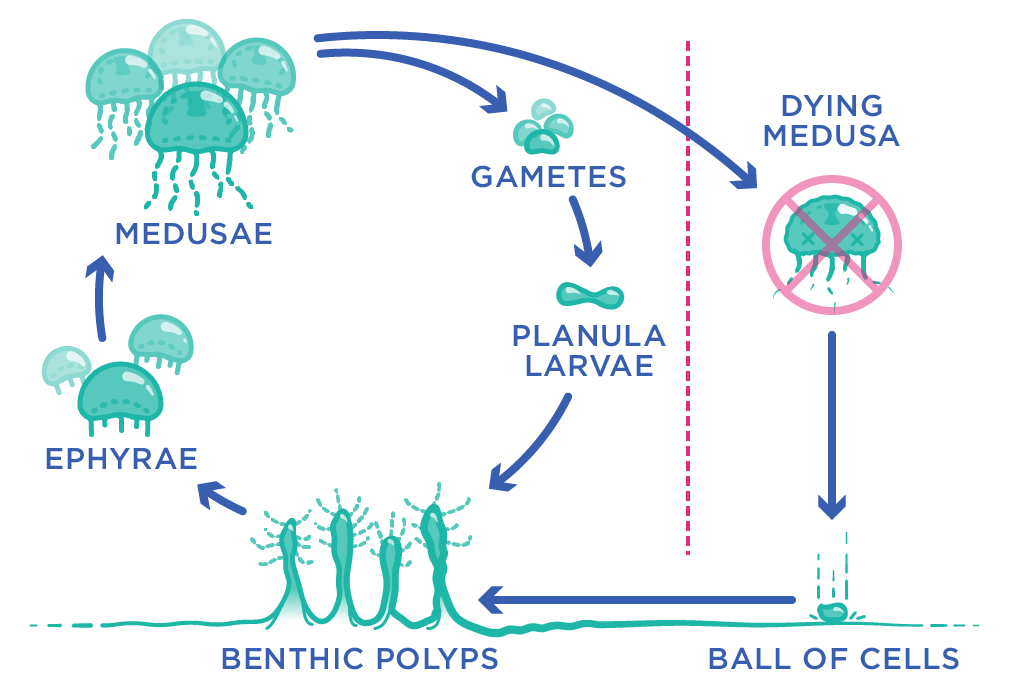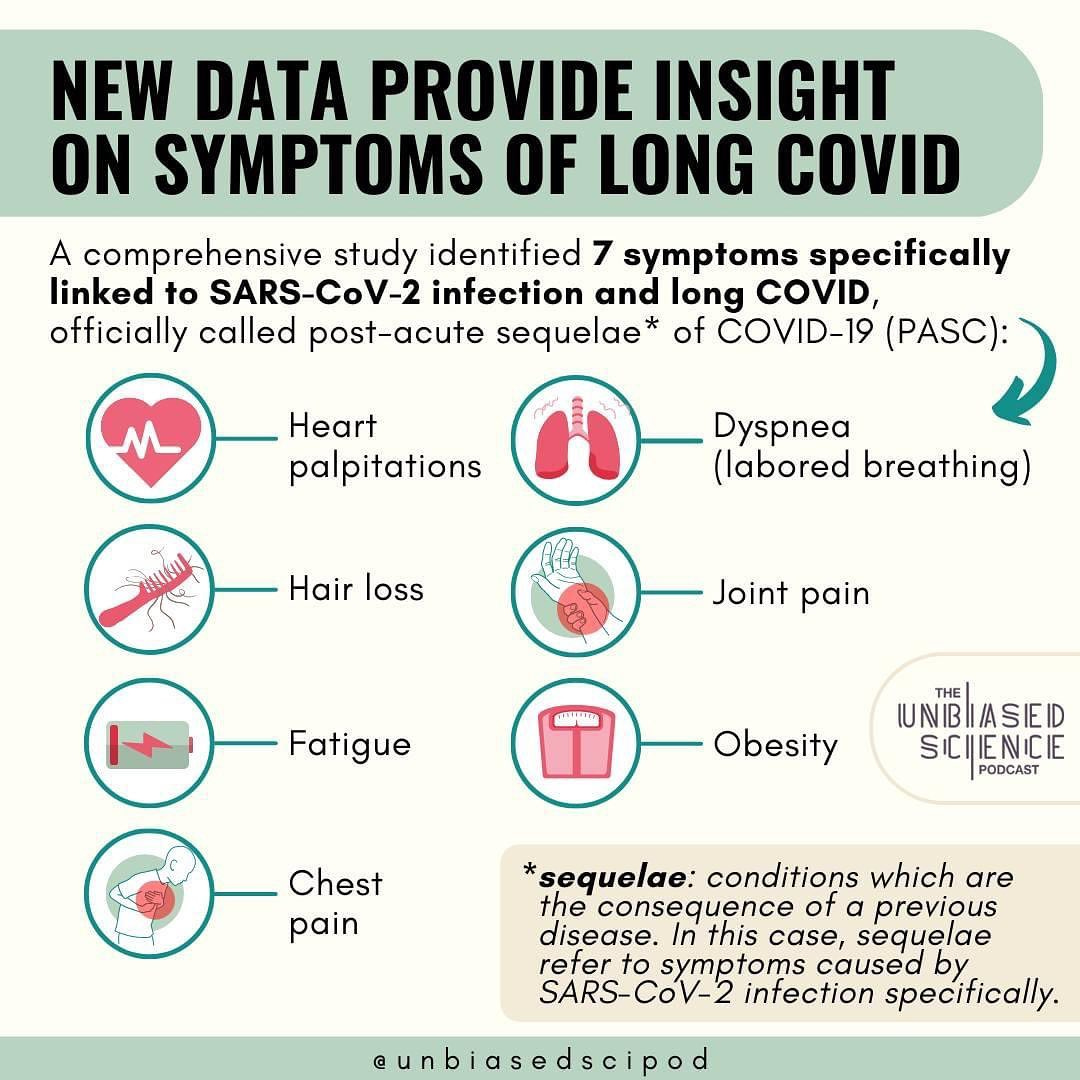The Dose: Immortal Jellyfish
Immortal jellyfish, long Covid symptoms, & why you shouldn't skip your annual!
Welcome to The Dose! We’re delivering bi-weekly health and science updates right to your inbox, and we’re including some humor, art, and fun along the way.
Starting this issue with some science humor!
If you’re generally in good health, you may think it’s fine to skip your annual doctor’s visit. But we’re here to tell you why it’s important that you DO schedule (and actually attend!) your yearly checkup. Read more here.
Senescence. Say that three times fast! Senescence refers to the state of gradual deterioration of normal functions. Cells stop dividing and die off. While there are ways to slow down or speed up senescence, it’s inevitable that it will eventually happen. However, scientists have discovered a species of jellyfish that can avoid the aging process entirely. Turritopsis dohrnii can actually revert back to a blob of tissue when faced with stressors such as starvation or injury. Read more here.
The life cycle of Turritopsis dohrnii. Image adapted from: Australian Academy of Science
Now that you’ve read about “immortal jellyfish” spend a few relaxing minutes watching the live Jellyfish Cam from the Monterey Bay Aquarium.
We don’t want to come across as morbid, but you know we love a theme. If eating jellyfish isn’t your thing, we get it. But perhaps you love a sashimi or spicy tuna roll? If sushi is your thing, then make sure you listen to or watch our latest episode of the podcast, Let's Maki This Clear: "Sushi Grade" Labels Are A Little Fishy.
2020 may seem like it was a lifetime ago, but unfortunately, Covid-19 is still “a thing”, and we’re learning more about the effects of long Covid. It’s important to note that SARS-CoV-2 is a novel virus, and we’re still actively learning about it. Some self-reported studies have listed as many as 200 side effects for long Covid, but we know there’s always a risk of bias associated with self-reporting. We also know that some symptoms may be correlative and not causative. A comprehensive study has narrowed the symptoms down to seven. You can read more about it here.
That’s it for this issue! If you’re not currently a subscriber, we’d love to have you! If you are, thanks for being here! Feel free to share this with your friends, family, and coworkers!











